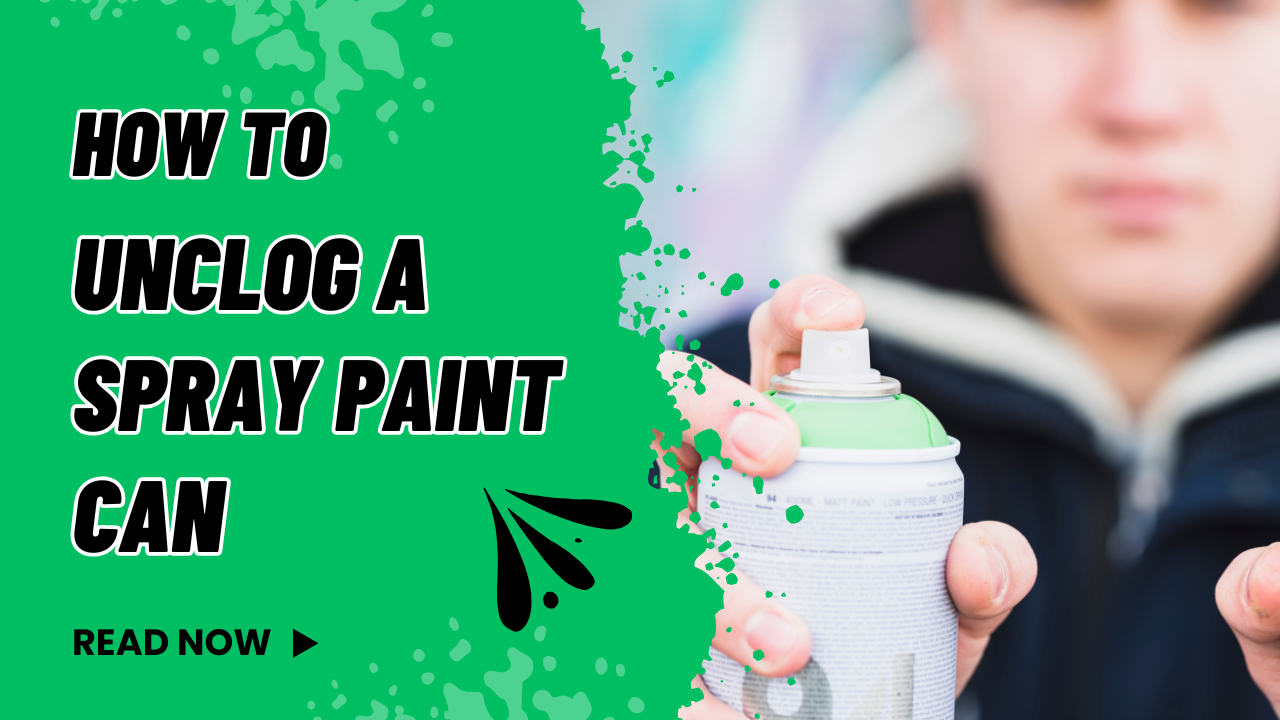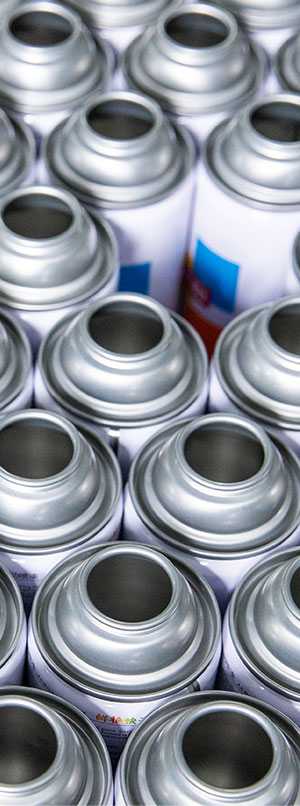A clogged spray paint can can stop your project in its tracks. Whether you are painting a wall, restoring furniture, or creating art, nothing is more annoying than pressing the nozzle and getting no spray.
If your can has decided to sputter, drip, or stop working entirely, don’t rush to throw it away. We’ve compiled a collection of simple, effective fixes that will get your paint flowing freely again.

Easy Fixes to Unclog a Spray Paint Can
Method 1: Clean the Nozzle with Warm Water
Warm water is your first and gentlest approach, especially for water-based paints.
Start by carefully removing the nozzle from the top of the can. Submerge the nozzle in a small container of warm, soapy water for several minutes. This will soften the dried paint.
Next, take a thin tool, like a sewing needle or a small pin, and gently push it into the spray hole to break up and remove any remaining dried paint. Be careful not to enlarge or damage the tiny opening.
Finally, rinse and dry the nozzle thoroughly before putting it back onto the can.
Method 2: Use Solvent or Paint Thinner
If water alone can’t dissolve the clog, it’s time for a stronger solution. For more stubborn clogs, a solvent like paint thinner or acetone will break down the paint.
Soak the removed nozzle in a small amount of the solvent. After soaking, use an old toothbrush or soft brush to carefully loosen any remaining debris.
A crucial safety reminder: Always wear gloves and make sure you are working in a well-ventilated area when using solvents.
Method 3: Swap or Blow Out the Nozzle
Sometimes the nozzle itself is beyond cleaning. Try replacing it with one from another can of the same brand. If you have compressed air, blow through the nozzle from the opposite direction to remove the blockage inside the clogged spray paint can.
Method 4: Try the Upside-Down Spray Trick
Turn the can upside down and press the nozzle for one or two seconds. This allows only air to escape and pushes out any leftover paint from the tube.

Why Spray Paint Cans Get Clogged & How to Prevent It
Dried paint residue in the nozzle
→ Always spray the can upside down after each use until only air escapes. This clears the nozzle and prevents dried paint from forming inside.
Improper storage in hot or cold places
→ Extreme temperatures can cause paint to thicken and clog. Store spray cans upright in a cool, dry place away from sunlight.
Not shaking properly before or during use
→ Poorly mixed paint can settle and block the valve. Shake the can vigorously for 1–2 minutes before spraying and occasionally while using it.
Spraying too close or for too long
→ Spraying too near the surface causes paint to build up around the nozzle. Maintain a distance of 8–12 inches and use short bursts for even coverage.
Skipping nozzle cleaning
→ Leaving residue on the nozzle hardens quickly. Wipe the nozzle clean with a cloth or tissue after every project to keep it in good condition.

Conclusion
A clogged spray paint can is not the end of your project. With a few easy fixes, you can clean the nozzle, remove paint residue, and restore smooth spraying within minutes.
For those looking for reliability and quality, consider products from SANVO, a trusted name in aerosol chemicals. We offer a wide array of spray paint and chemical products known for their consistent performance and quality formulas.
Choosing a reliable brand like SANVO can further reduce your chances of encountering frustrating clogs, allowing you to focus completely on achieving a perfect finish for your projects. Visit our official website to explore our product range and enhance your painting experience!

